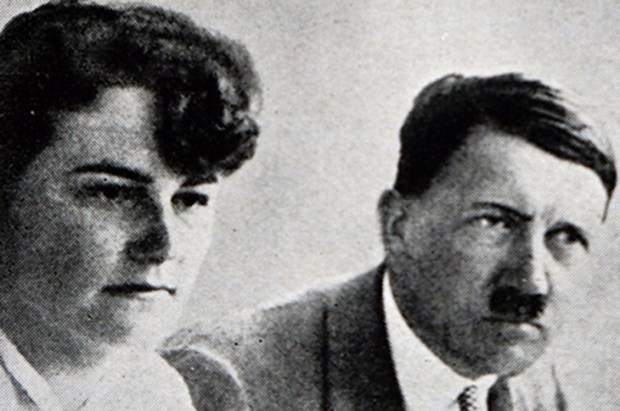I must be an idiot for pointing out the failings of a novel that’s so screamingly, self-denouncingly about failure. Steve Toltz’s Quicksand is a nutty, occasionally hilarious, flaccid carrier bag of a comic romp, all dazzling one-liners and no comic paydirt. Like his debut novel, A Fraction of the Whole (about a misfit philosopher and his troubled son), it is narrated by a pair of human catastrophes: a New South Wales police constable, Liam Wilder, who’s a failed novelist; and his best friend, Aldo Benjamin, who’s a failed husband, entrepreneur, everything. Toltz probably intended this novel to be a failure. It’s that difficult beast, his second book, after all (his first made the shortlists of the Man Booker and the Guardian First Book Award).
He’s also Australian, and there’s nothing an Australian loathes more than the thought of a successful Australian. So Toltz (who’s now upped sticks to Brooklyn) has evidently called time on his own literary success and decided to cut himself down to size, with a novel that promises comic gold dust in its opening 20 pages and spends the next 400 pages scattering it to the wind.
Toltz starts the book — such a tease — brilliantly. Liam has come to visit his recently paroled childhood friend Aldo in a surfer’s resort. Aldo is a paraplegic (failed suicide attempt). Liam is an accidental policeman (part of a failed novel-writing attempt; he joined the force for research, never finished the book, now he’s stuck as a copper). Sitting with his hapless friend, he realises the truth he has always failed to grasp: Aldo, the great Australian one-man disaster, is the perfect material for a novel.
As Aldo wibbles on about his calamitous life, Liam suddenly can’t scribble notes fast enough. Before us shimmers a huge, possible metanovel. We’re reading the novel Liam has just discovered it’s his destiny to write! ‘Damn it, Liam, a writer is not merely a man who sits in a room trying to use the word pusillanimous in a sentence,’ his high-school teacher berates him. He’s right! A writer is someone who does something as fantastic as this! By the end of the first chapter, I was agog. Is Aldo’s doomed story going to prove Liam’s triumph? Is Toltz going to pull off this majestic, nutbags jeu d’esprit? Hell, no: this is a book about catastrophe.
Like I say, I half wonder if that’s Toltz’s point. It’s hard to know if he dropped the ball on every good thing he had going here as an act of supremely self-sacrificing sabotage; but he’s such a virtuoso of the worst-case scenario (‘With medical science improving at roughly the same rate as our environmental situation worsens, the most likely scenario is that the world will become uninhabitable at the precise moment the human race becomes immortal’) that I wouldn’t put screwing up his own novel on purpose past him. Everything he sets up he lets flop. Liam and Aldo’s odd couple: never builds to comic flourish. Aldo as a larger-than-life figure of Job-like lucklessness: never scales the heights of Ignatius J. Reilly in John Kennedy Toole’s A Confederacy of Dunces, the predecessor Toltz so clearly has in mind. Aldo’s misfortunes: not as interesting as Liam likes to believe. Even the subplot of Liam screwing over his mate by writing a novel about him: barely mentioned again.
Late in the game, Toltz shoots for pathos over laughs, as if suddenly threatening to save it all at the last minute. But he sticks to the plan, and fouls that up too. In spite of all the lovely throwaway lines that rather relentlessly keep you going (Aldo’s cellmate in prison: ‘Where’s my lucky shiv?’) and the little quicksilver turns of darkness (‘Does paraplegia ever just, you know, blow over?’), it’s all really just a jolly long shaggy dog story. It fails at everything, except as a bloody-minded, can’t-knock-me-down resounding failure. In this respect it’s a triumph.
Got something to add? Join the discussion and comment below.
Get 10 issues for just $10
Subscribe to The Spectator Australia today for the next 10 magazine issues, plus full online access, for just $10.
Available from the Spectator Bookshop, £14.99 Tel: 08430 600033
You might disagree with half of it, but you’ll enjoy reading all of it. Try your first month for free, then just $2 a week for the remainder of your first year.














Comments
Don't miss out
Join the conversation with other Spectator Australia readers. Subscribe to leave a comment.
SUBSCRIBEAlready a subscriber? Log in